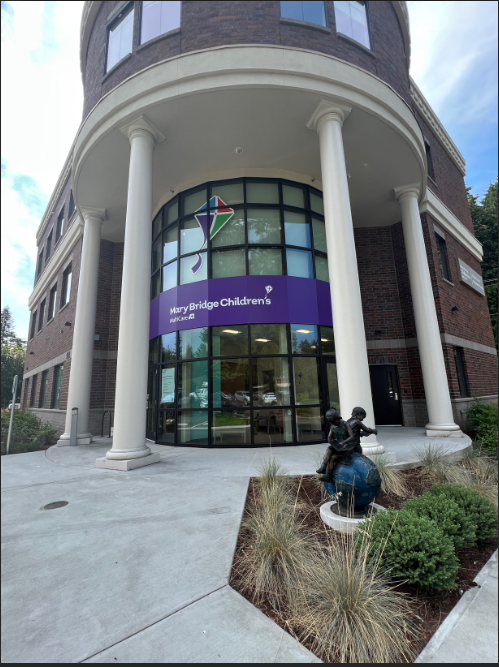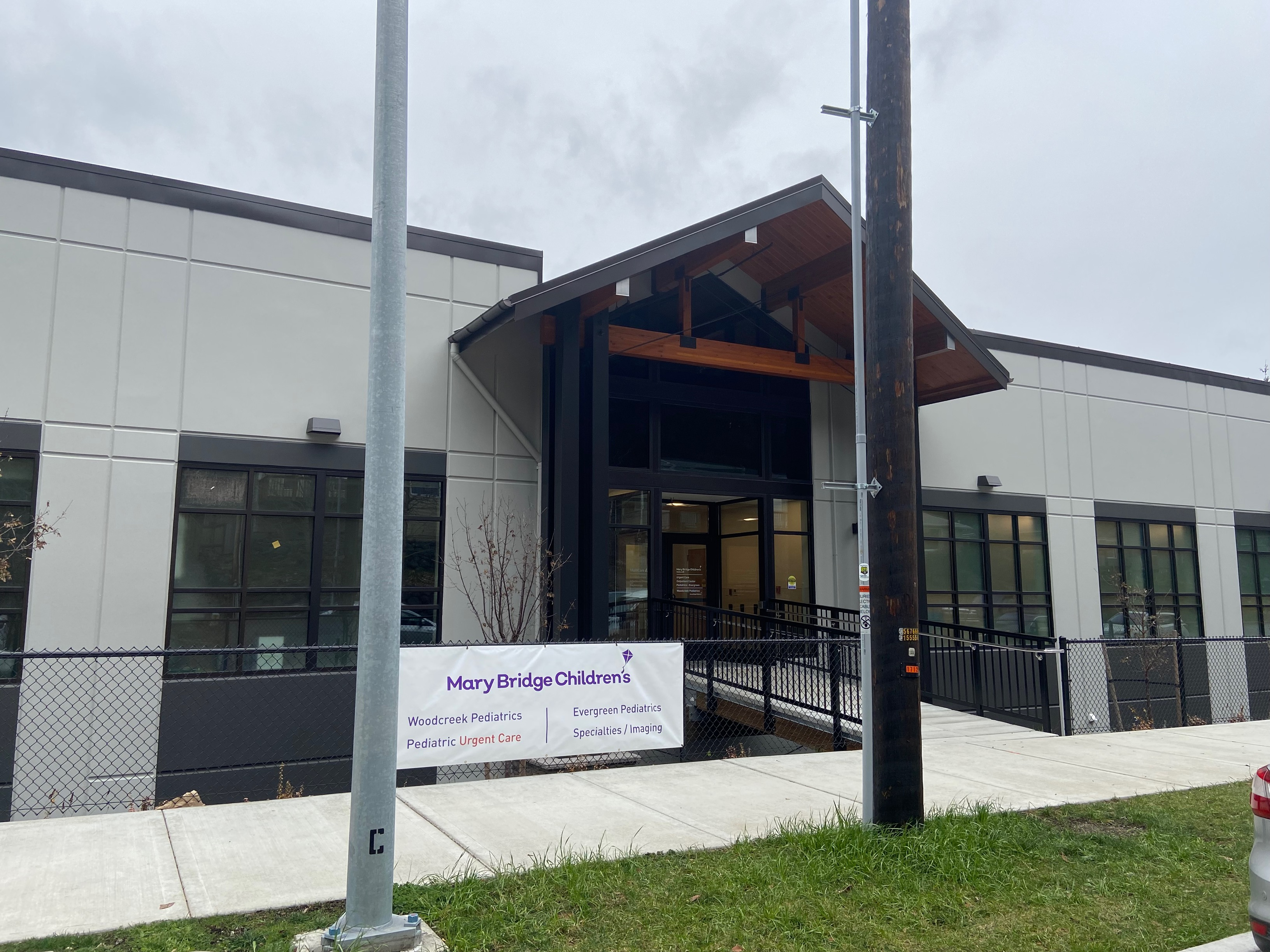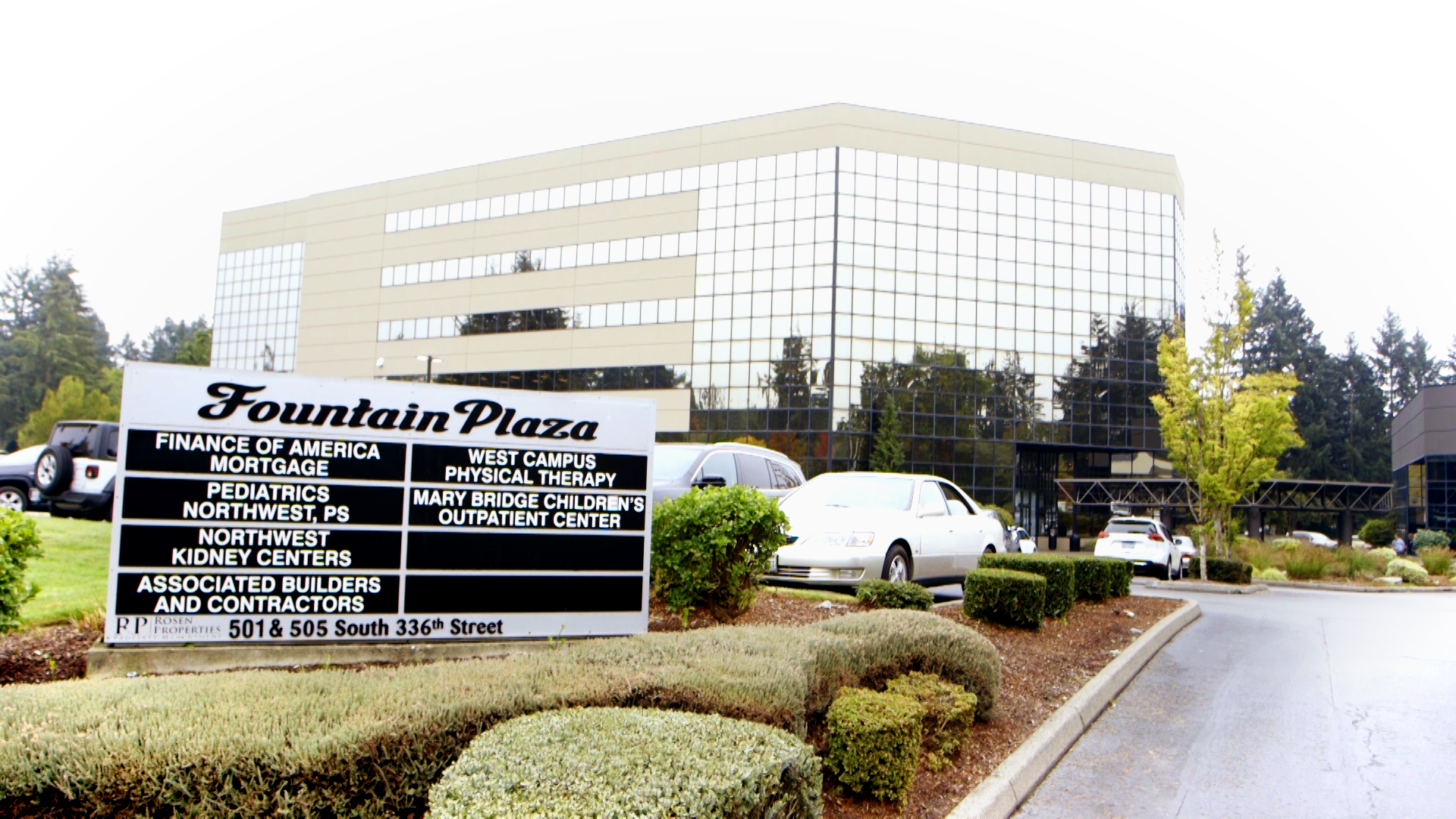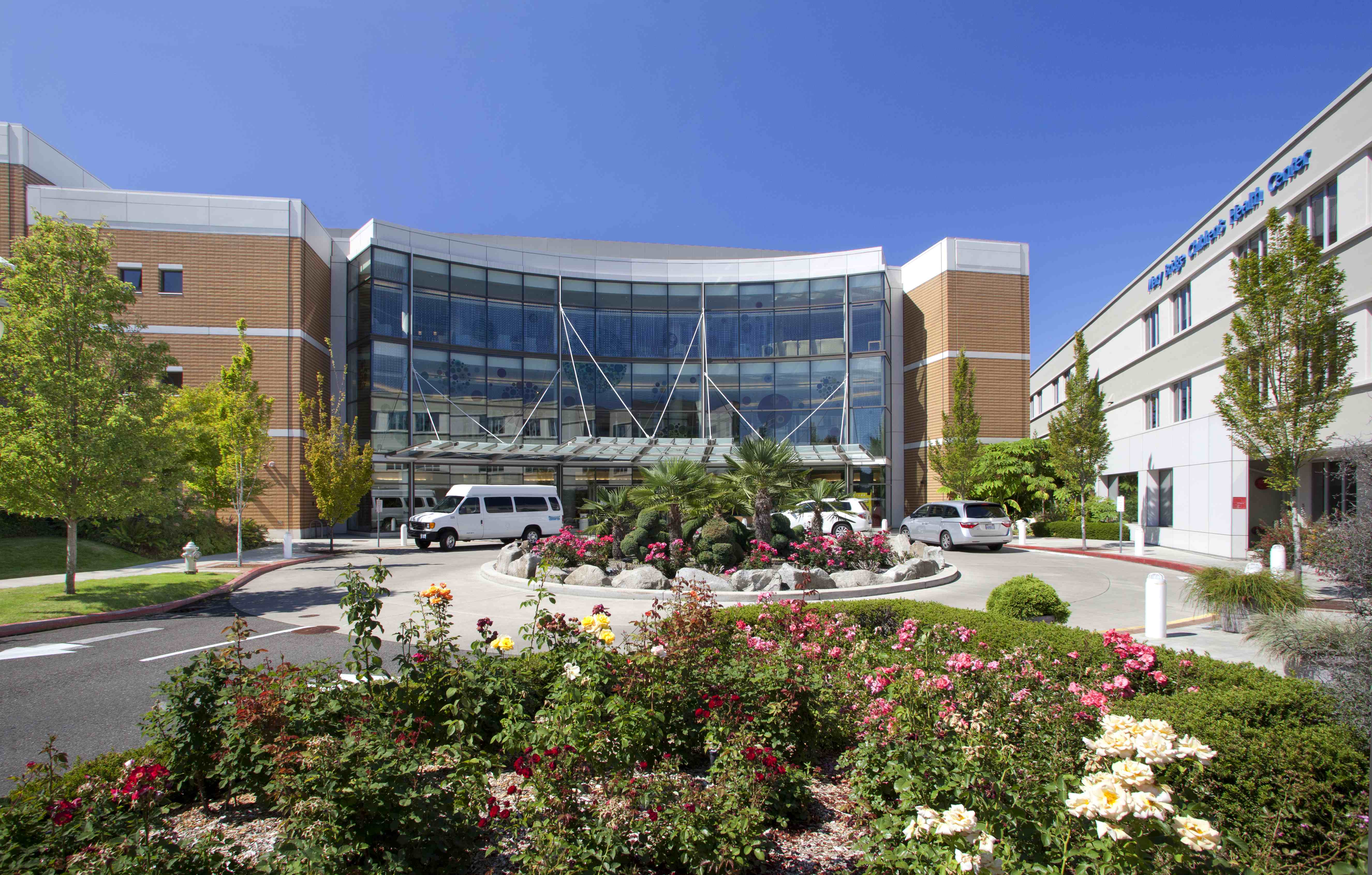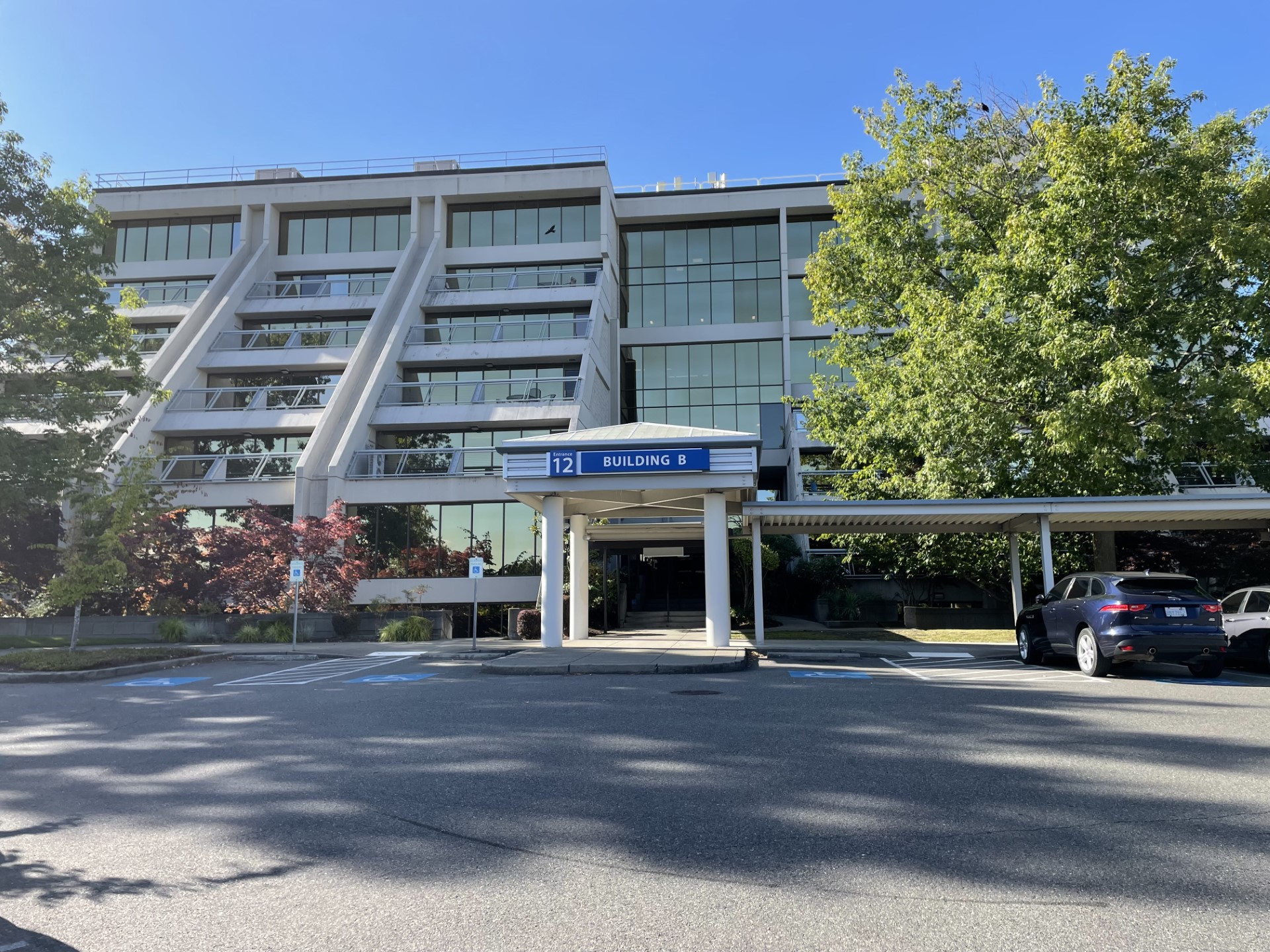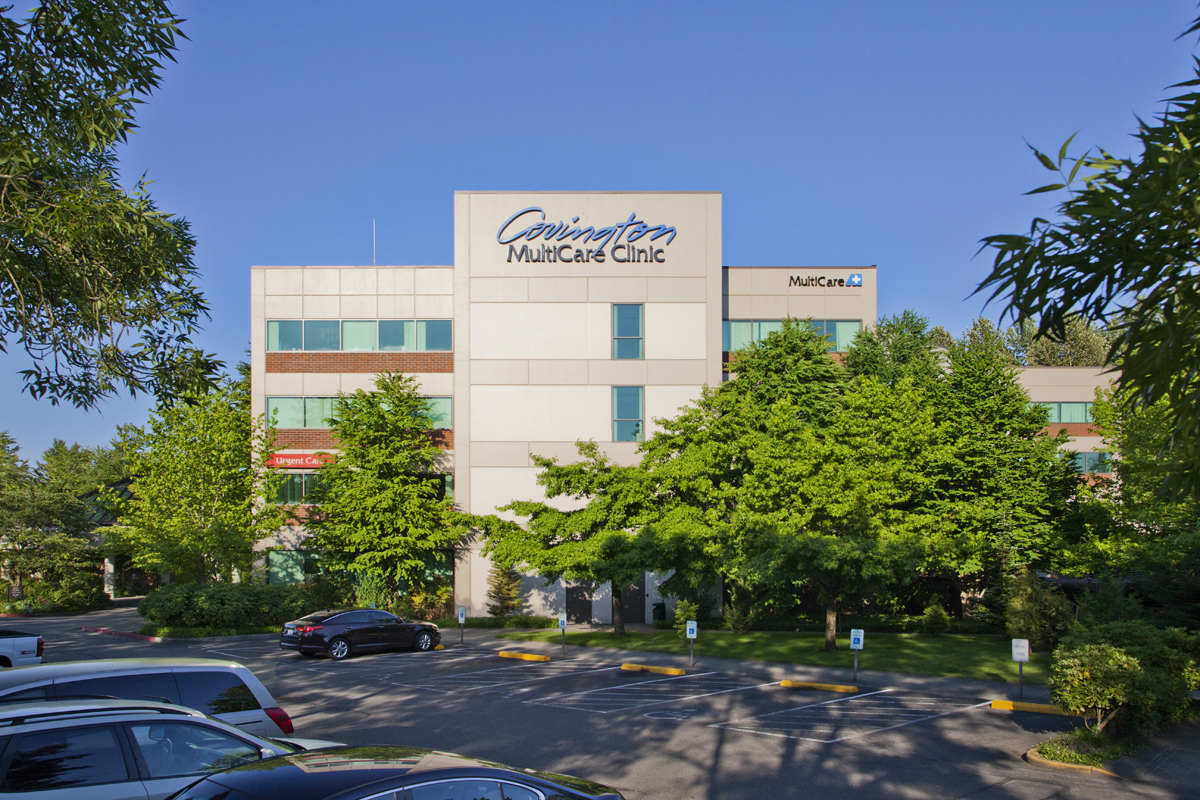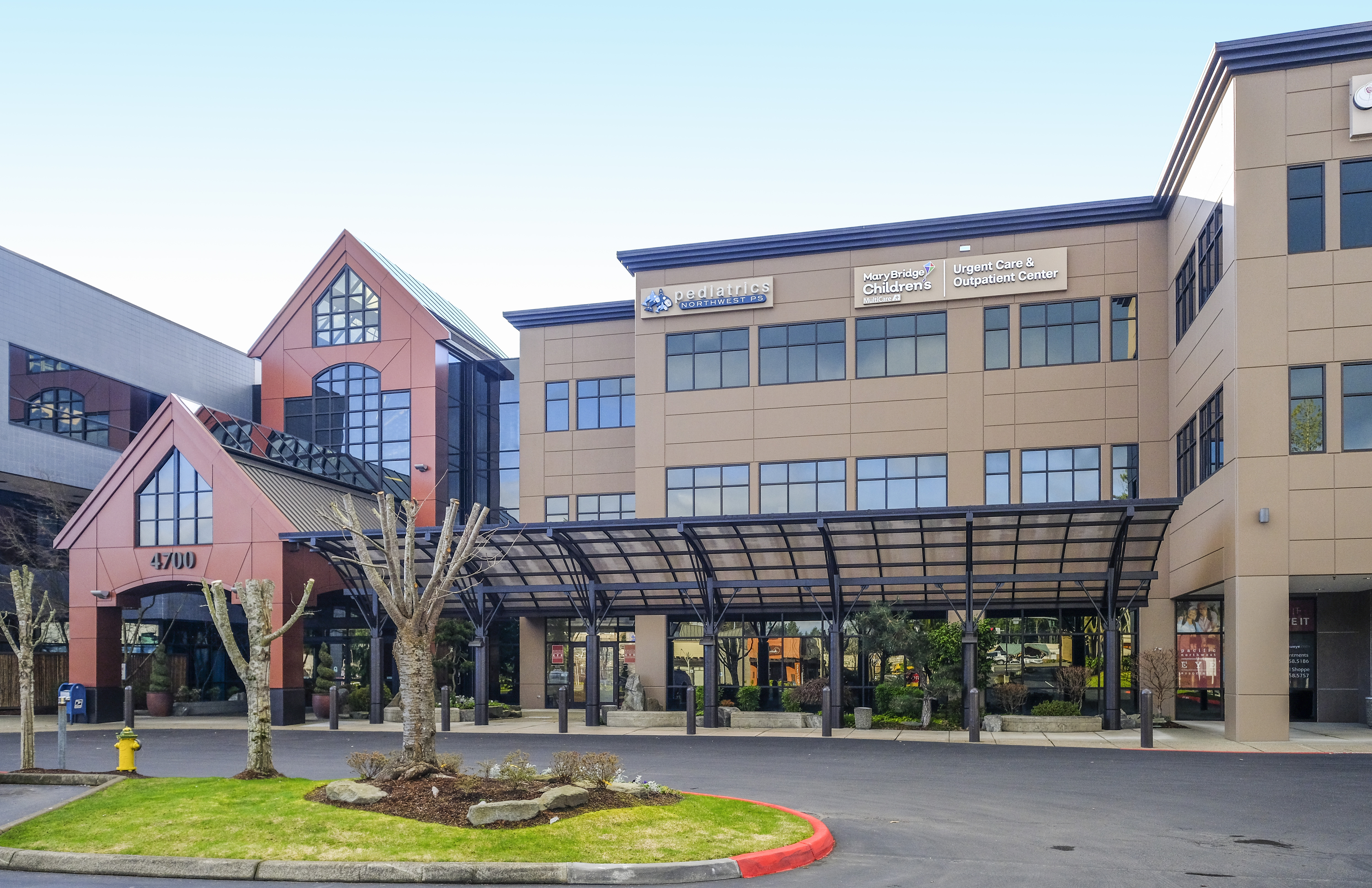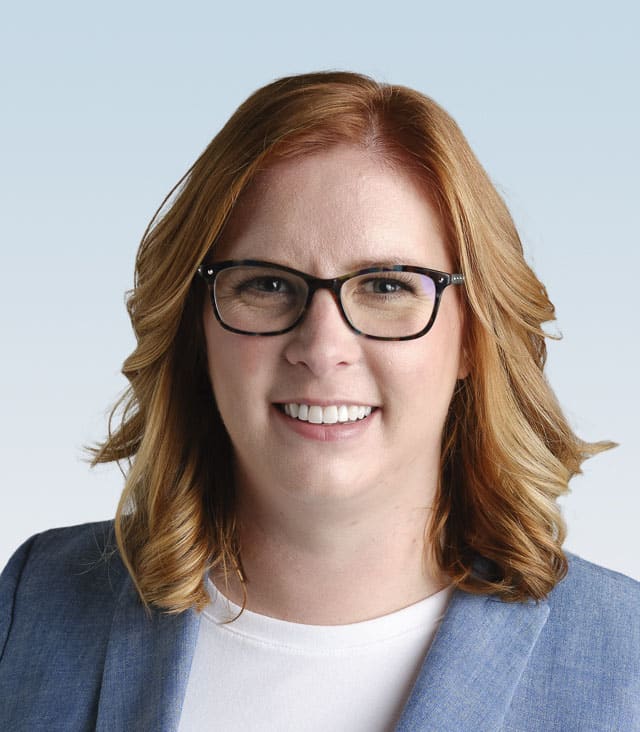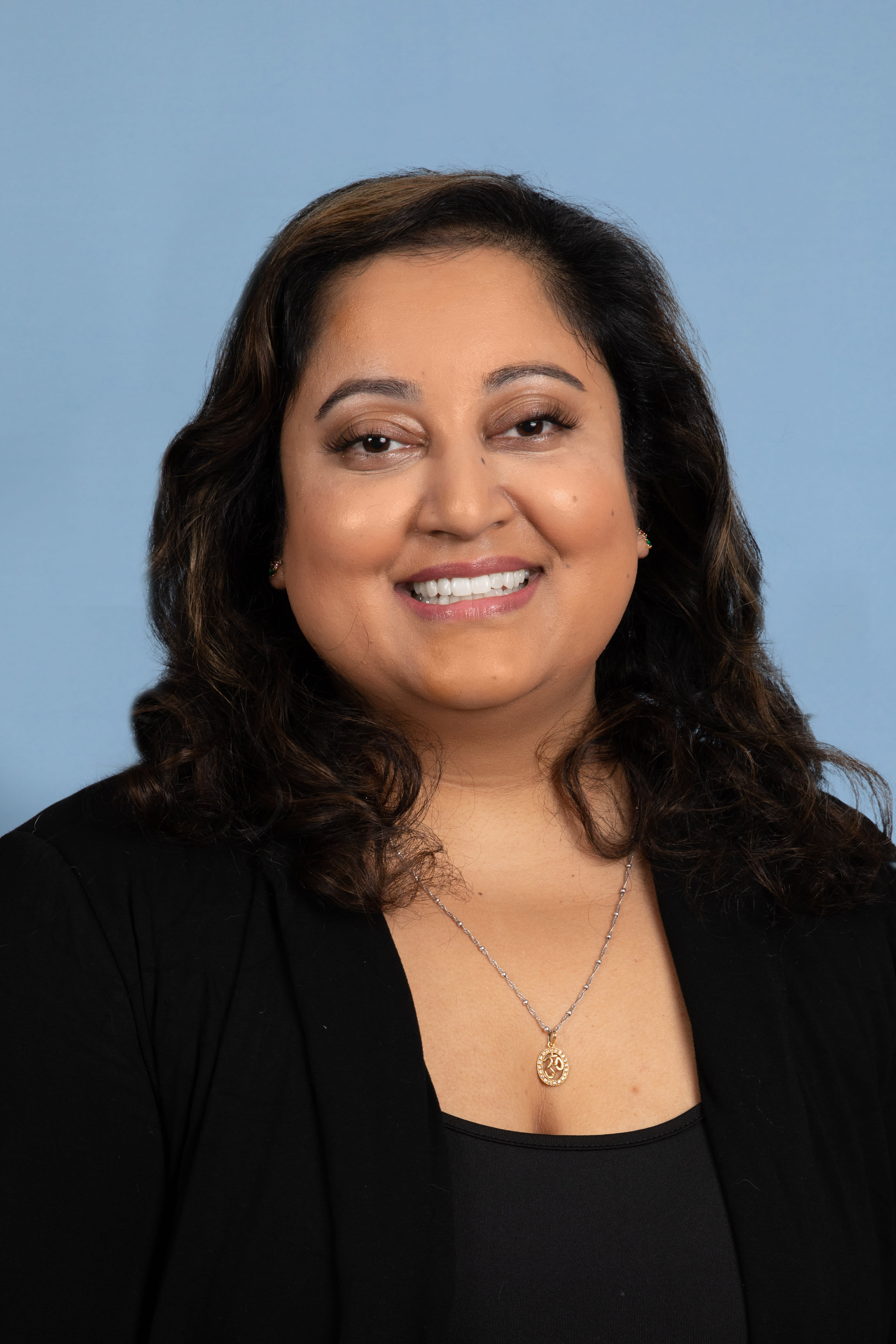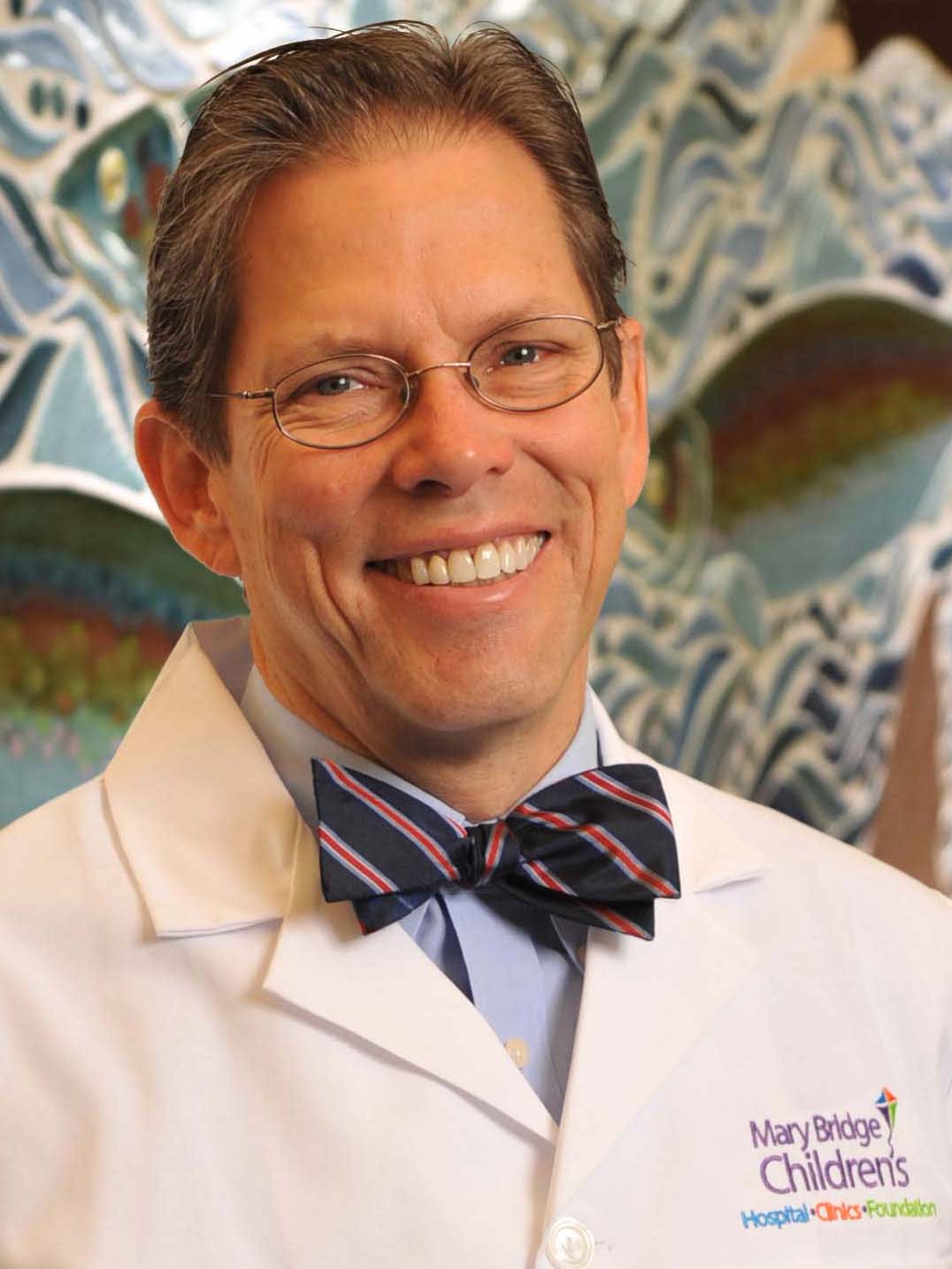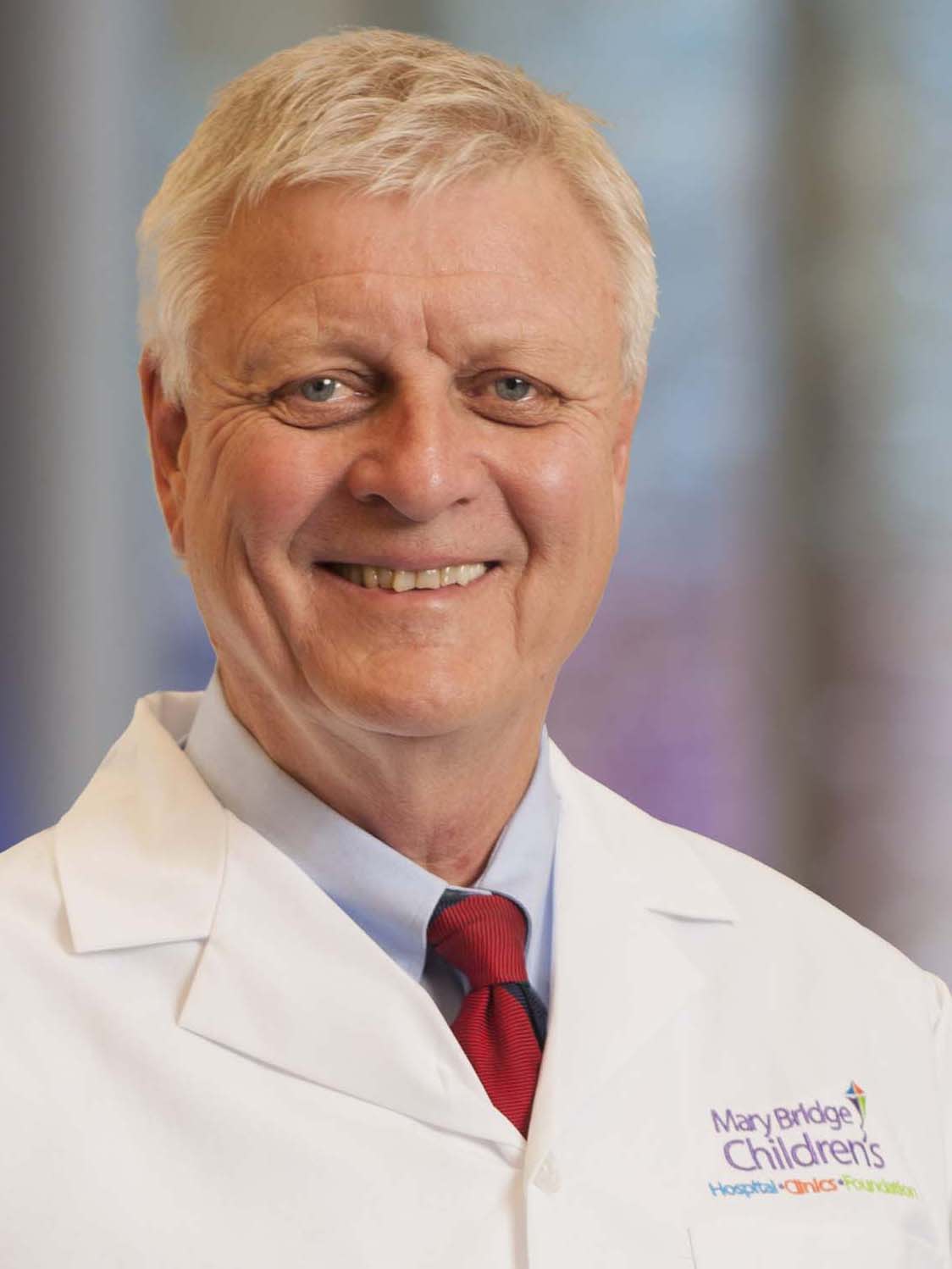A full range of care for children with breathing and lung problems
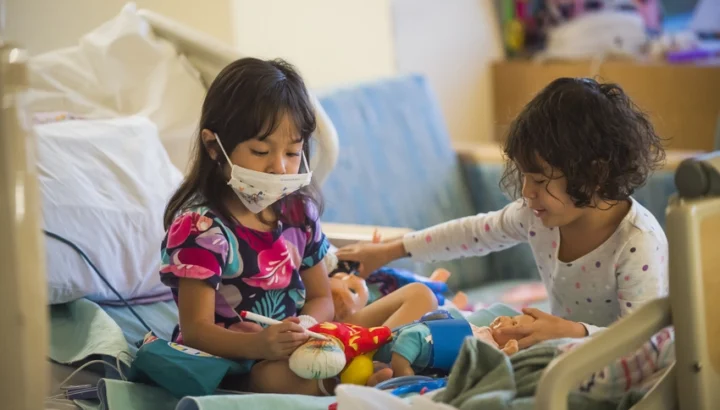
Your child’s respiratory health is our top priority
A healthy respiratory system does more than draw in oxygen and expel carbon dioxide — it powers your child’s ability to run, jump, play and pursue the activities that bring them joy.
When chronic respiratory symptoms or disorders interfere with your child’s well-being, we know it can be both frustrating and scary. Here’s why families turn to Mary Bridge Children’s for pulmonary care:
Expert care from a cohesive, multispecialty team. Our team includes pediatric pulmonologists, pediatric allergists, respiratory nurse specialists and respiratory therapists who bring both expertise and compassion to the care of children with breathing and lung problems. We routinely work with other specialists across Mary Bridge Children’s, such as dietitians, social workers and psychologists, to treat each child and provide families with education and support.
A robust array of pulmonary services. Mary Bridge Children’s provides routine, emergency and critical respiratory care to children on both an inpatient and outpatient basis. Our services include allergy testing, pulmonary function testing, flexible bronchoscopy, home mechanical ventilation support and more. To learn more about our offerings, visit Our Services page.
Comprehensive care for asthma. Asthma is one of the most common chronic childhood illnesses. Our team works closely with you to identify what triggers your child’s asthma flare-ups and develop a treatment plan, which includes medications and educational support. When asthma is properly controlled, children can expect to live a full, active life. Learn more about living with and managing asthma in this video.
Specialty care for cystic fibrosis. Children with cystic fibrosis, an inherited condition, can experience difficulties with both breathing and digestion. Our Cystic Fibrosis Clinic — affiliated with the Cystic Fibrosis Center at Seattle Children’s — provides access to a variety of services, including comprehensive parent education, referral coordination as well as the full breadth of pulmonary care. Visit our Cystic Fibrosis Clinic page to learn more.
Help for children with sleep disorders. Sleep and breathing disorders during childhood are common, and they can also be very disruptive, affecting a child’s behavior and health. Through our Sleep Disorders Clinic, Mary Bridge Children’s pulmonologists collaborate with other pediatric specialists to diagnose and treat sleep problems so children can get the rest they need. Visit our Sleep Disorders Clinic page to learn more.
Care for complex airway problems. Mary Bridge Children’s is one of the few centers in the region that specializes in treating aerodigestive disorders — conditions that affect the airway, lungs and upper digestive tract. Our pediatric pulmonologists as well as other specialists provide comprehensive evaluations for children with aerodigestive needs at the same appointment.

How to refer a patient
Referring providers should submit referrals via Epic. For those not on Epic, please fax referrals to 253-864-3939.
For more information about pulmonology at Mary Bridge Children’s, please call 253-792-6630.
Conditions & treatments
- Aspiration and dysphagia
- Asthma and other wheezing-associated problems
- Bronchopulmonary dysplasia (BPD)
- Chest pain
- Chest wall disorders
- Chronic respiratory failure
- Chronic cough
- Ciliary disorders
- Cystic fibrosis
- Exercise intolerance
- Irritable larynx syndrome
- Neuromuscular disorders
- Need for a tracheostomy or home ventilator
- Pediatric sleep disturbances
- Recurrent bronchitis
- Recurrent pneumonia
- Recurrent respiratory infections
- Sleep apnea
- Upper airway problems
- Vocal cord dysfunction
What to expect and next steps
We look forward to meeting you and your child. Please arrive for your appointment 15 minutes early to allow ample time for checking in and filling out necessary paperwork. Families who arrive more than 10 minutes late may have to reschedule their appointment.
The following information will help you plan for your visit.
Initial appointments
New patient appointments may be up to two hours long. During this appointment, our respiratory specialists will complete a medical history and physical exam. Depending on your child’s condition, further diagnostic testing may be necessary.
Most children 4 and older will need to complete a lung function test. This noninvasive test involves breathing into a tube, which is attached to a device that measures how well the lungs are working.
After we make a diagnosis, together we develop a treatment plan and then share that plan with your child’s primary care provider.
Preparing for your appointment
Following these tips can help you get the most out of your appointment.
Follow physician’s guidance about use of inhalers. We ask most patients to avoid use of rescue inhalers approximately six hours before their appointment as long as they are not experiencing respiratory distress. This is because inhaled medicines can affect the accuracy of some lung function tests. However, if you are coughing or having difficulty breathing the morning of your appointment, you should use your rescue inhaler. (Do not stop using any routine inhalers, such as inhaled steroids before your appointment.)
Obtain medical records. Ask your child’s primary care provider to send chart notes, X-rays and any lab results regarding your child’s condition. If tests were performed outside MultiCare, please bring these with you.
Bring a list of prescription drugs. Include all medications, vitamins and supplements your child is taking.
Discuss the upcoming clinic visit if your child is developmentally ready. Often a first appointment consists of a medical history, a physical exam and a lung function test.
Arrange care for siblings. If you are unable to arrange care, please ensure other children can engage in a quiet activity so you can focus on the visit.
Arrive 15 minutes early. Being early ensures adequate time for checking in and filling out any necessary paperwork. If you are more than 10 minutes late, we may have to reschedule your appointment.
Turn off cellphones and pagers. It’s easier for both you and the respiratory specialist to focus on your child when communication devices are switched off. This also helps maintain a calm, quiet environment for all patients.

